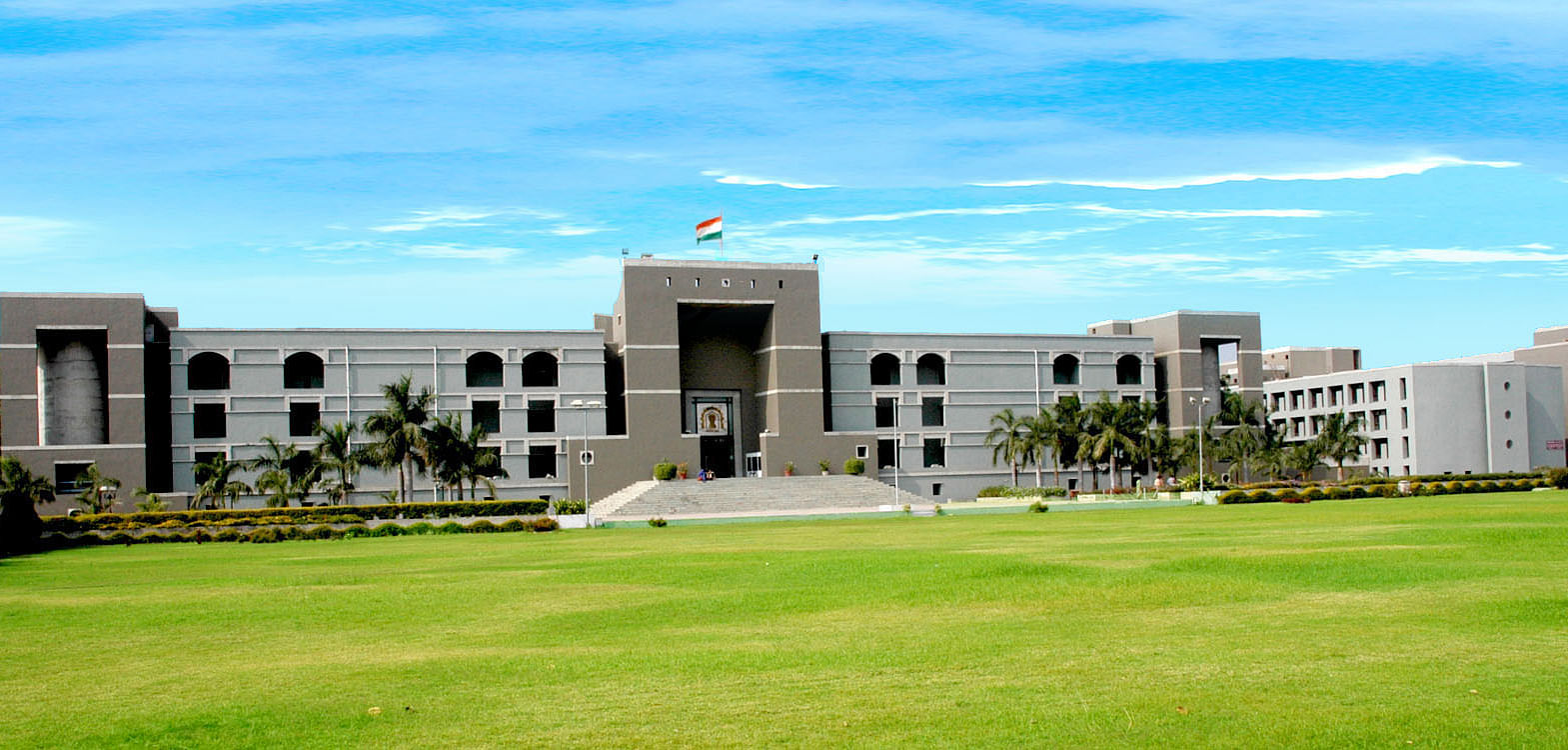The perception around Hindi as "national language" was rejected by Gujarat High Court in its order back in 2010 when it held that despite the fact that it is spoken by a significant number of people, there is no proof that Hindi was ever declared national language.
"Normally, in India, majority of the people have accepted Hindi as a national language and many people speak Hindi and write in Devanagari script but there is nothing on the record to suggest that any provision has been made or order issued declaring Hindi as a national language of the country," the division bench of then chief justice S J Mukhopadhyaya, now retired, and justice Anant S dave, who is till in office, had held.
The court was dealing with a public interest litigation filed by a Surat-based petitioner who had sought direction to goods manufacturers to mention details of their goods in Hindi on the ground that "Hindi being the national language and has been communicated and understood by a large number of persons in the country.
The petitioner had advanced his argument on basis of discussion in Constituent Assembly on the issue of language formula wherein it was suggested to use "Hindustani written either in the Devanagari or the Persian script, as the national language and for its inclusion in the Fundamental Rights."
The central government had submitted in the court that Standards of Weights and Measures (Packaged Commodities) Rules, 1977 prescribes "particulars of declaration required to be specified under this rule on a package shall be either in Hindi in Devanagari script or in English. Similarly, Rule 33(3A) also prescribes that information should either be in Hindi in Devanagari script or in English. The court concluded that it is for the manufacturers to decide language of declaration of particulars and court can't direct them to use Hindi.
Dealing with Hindi as a "national language" as contended by the petitioner, the bench concluded that although the Constituent Assembly recommended the formula that “Hindustani, written either in Devanagari or the Persian script at the option of the citizen, shall, as the national language, be the first official language of the Union," chapter-IV-Special Directives, Article 351 of the Constitution directed that "It shall be the duty of the Union to promote the spread of the Hindi language, to develop it so that it may serve as a medium of expression for all the elements of the composite culture of India and to secure its enrichment by assimilating without interfering with its genius, the forms, style and expressions used in Hindustani and in the other languages of India specified in the Eighth Schedule, and by drawing, wherever necessary or desirable, for its vocabulary, primarily on Sanskrit and secondarily on other languages.”
In Part XVII of the Constitution, that deals with Official Language, under Article 343, official language of the country includes Hindi in Devanagari script and English. However, no where Hindi was declared as national language. Based on these grounds, the court concluded that there was no evidence on record suggesting that Hindi was ever made national language and rejected the petition.
